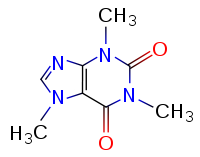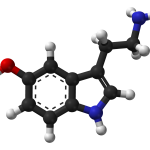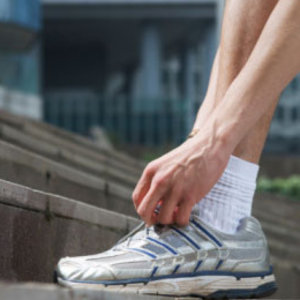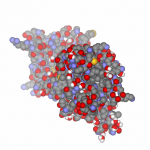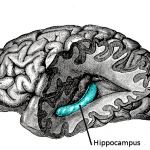I have to admit, I hate Monday mornings. It is the time of the week that is as far away from the weekend as possible, and I am not a “morning person“. So I occasionally drink a cup of coffee on dreadful Mondays, hoping that it would help me stay alert through rest of the day. However, a research from University of Bristol, United Kingdom, reported that people who depend on a shot of coffee to kick-start their day are no more alert than those who are not regular coffee drinkers. In fact, individuals who usually consume little or no caffeine may feel increased level of anxiety and fatigue.
It is widely known that caffeine helps to temporarily ward off drowsiness and restore alertness, as it is a psychostimulant acting on the central nervous system. However, it is also anxiogenic, meaning it could cause anxiety. With this in mind, researchers at University of Bristol investigated the relationship between habitual intake of caffeine and caffeine-induced anxiety levels.
STUDY METHOD
In this research, participants were 162 non-/low (0~1 cup of coffee per day) and 217 medium/high (1-6 cups of coffee per day) caffeine consumers and they were asked to avoid caffeine consumption for 16 hours. In a randomized, double-blind, parallel group design, all volunteers were asked to rate the anxiety, alertness, and headache level using standard questionnaire called the Mood, Alertness and Physical Sensations Scales (MAPSS) before proceeding with the experiment. After that period, they were given either a caffeine pill (100 mg) or a placebo. Later, they took a slightly higher dose (150 mg) of caffeine pill or another placebo. The participants’ emotional states were measured using MAPSS after each intakes of pills.
RESULTS
Surprisingly, caffeine did not increase the alertness of any groups more than non-caffeine consumers who were given the placebo. Moreover, non/low caffeine consumers had more headaches after taking the caffeine pills, but did not feel any more alert than normal.
Also, high caffeine consumers who were given a placebo after abstaining from coffee for 16 hours felt less alert and experienced worse headaches than those who received actual caffeine pill. In fact, the headache was so severe that four people had to drop out of the study.
It is interesting to note that anxiety levels significantly increased with intake of caffeine among those who usually consume little or no caffeine. However, medium/high caffeine consumers did not become any more anxious after caffeine, implying that frequent consumption of caffeine helps in building tolerance to anxiety inducing effect.
Well, what does these results imply? It seems that what people perceives as “enhanced alertness” from caffeine is actually the “restoration of alertness” counteracting the caffeine withdrawal symptoms.
References:
Journal Article – “Association of the Anxiogenic and Alerting Effects of Caffeine with ADORA2A and ADORA1 Polymorphisms and Habitual Level of Caffeine Consumption”
http://www.ncbi.nlm.nih.gov/pmc/articles/PMC3055635/
Caffeine
http://en.wikipedia.org/wiki/Caffeine
News Article
http://www.guardian.co.uk/science/2010/jun/02/drinking-coffee-alert-caffeine


